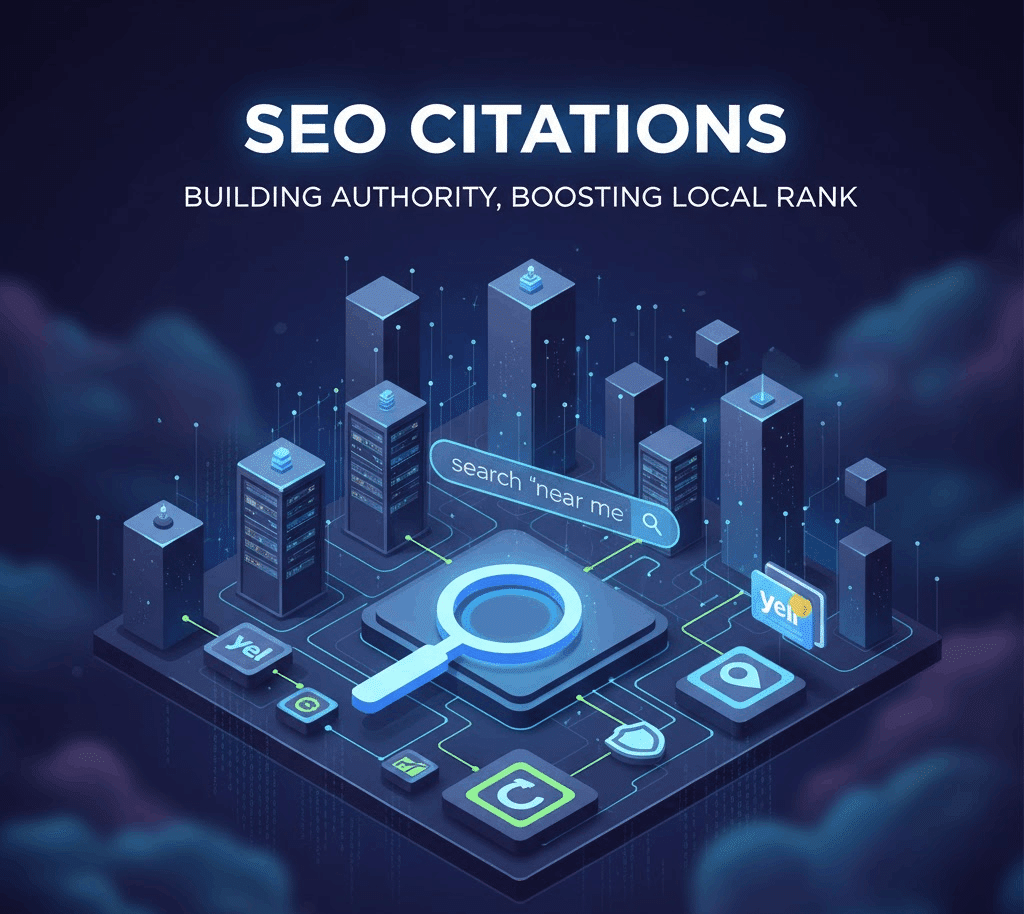LLMs.txt has been a buzz in the SEO world, with many viewing it as a crucial tool for optimizing content for AI-driven search and summarization features. Find out what LLMs.txt is, how it works, how to think about it, whether LLMs and brands are buying in, and what Google says about it.
Understanding Large Language Models?
A large language model (LLM) is an advanced type of artificial intelligence designed to understand and generate human language. The development of LLMs has been a lengthy and intricate process, taking decades of research and innovation. These models have evolved significantly, moving from simpler frameworks that could only predict single words to complex systems capable of understanding and generating entire sentences, paragraphs, or even complete documents.
Just as algorithms continuously evolve, so too does SEO. Given this dynamic nature, a crucial question emerges: is an llm.txt file now a necessity? Let’s explore the concept of an LLM text file.
What are LLM Text files?
The llms.txt file is a recent innovation aimed at transforming how AI models, especially large language models (LLMs), interpret and utilize website content. LLMs, often built on transformer architecture, use attention mechanisms to determine the relevance of information within their processing window.
The structured content within an llms.txt file can significantly assist large models like GPT-4 and Gemini in handling extensive data and producing higher-quality output.
In other words, llms.txt is a Markdown file located at /llms.txt on your website. It summarizes your most important content in a format that’s easy for LLMs to read, free from the clutter of HTML, JavaScript, or advertisements.
Unlike robots.txt and sitemap.xml, which are primarily for search engine optimization, llms.txt is specifically designed to provide instructions for AI models and text processing. This distinction enables more precise content parsing, which in turn leads to more relevant and accurate results from AI-powered searches.
Differences Between LLMS.TXT AND LLMS-FULL.TXT
/llms.txt: The AI-Friendly Site Outline
- Format: It’s a Markdown file served at the root of your website (e.g., yourdomain.com/llms.txt).
- Structure: As shown in your example, it uses Markdown headings and lists to categorize and link to key resources:
- # Example Product Docs: A main title for the site/project.
- > Learn how to get started, use the API, and explore tutorials.: A blockquote summarizing the site’s purpose or key offerings.
- ## Guides: A section for introductory and how-to content.
- – [Getting Started](<https://example.com/docs/start>): Intro guide
- – [Install](<https://example.com/docs/install>): Setup steps
- ## Reference: A section for API documentation or technical specifications.
- – [API](<https://example.com/docs/api>): Endpoint list and usage
- Benefits:
- Quick Context: LLMs can quickly grasp the overall structure and key topics of a website.
- Prioritization: Website owners can explicitly guide LLMs to the most valuable or frequently asked-about content.
- Reduced Noise: By linking directly to relevant Markdown versions (as discussed below), LLMs avoid parsing messy HTML.
/llms-full.txt: The Comprehensive Context File
- Purpose: This file compiles all of your site’s relevant text content into a single, long Markdown file.
- Origin: Developed by Mintlify in collaboration with Anthropic, addressing the need for a straightforward way to ingest large amounts of documentation into AI tools without the complexities of web crawling and parsing.
- Structure: Each original page is typically prefixed with its title (often an H1) and a “Source:” link back to the original URL, followed by its full Markdown content.
- Benefits:
- Simplified Ingestion: AI tools can simply paste a single URL (/llms-full.txt) to load extensive context.
- Efficiency: Reduces the need for multiple API calls or complex crawling logic for LLMs.
- Guaranteed Content Access: Ensures LLMs get the full, clean text without being blocked by JavaScript, paywalls, or complex site structures.
- Trade-offs: The primary challenge is the potential for exceeding LLM context windows if the file becomes extremely large. Also, maintaining synchronization between live website content and this compiled file requires robust processes.
.md Extension for Individual Pages: The Clean Content Source
- Purpose: This proposal suggests providing a Markdown version of any web page by simply appending .md to its original URL (e.g., https://example.com/docs/start would also have a Markdown version at https://example.com/docs/start.md).
- Benefits:
- On-Demand Clean Content: If an LLM (or any AI tool) needs to delve deeper into a specific page mentioned in llms.txt, it can directly access a clean, unadulterated Markdown version.
- Flexibility: Allows for granular content access without needing to compile everything into a single large file.
- Human-Readable Fallback: Markdown is inherently human-readable, making these .md versions also useful for developers or users who prefer a stripped-down view.
What is Google’s Stance on Llms.txt?
Recent statements from Google, particularly from figures like Gary Illyes, have made it clear:
- No llms.txt for Google’s AI Overviews: Google explicitly states they will not be crawling or using llms.txt files for their AI Overviews (formerly SGE). Their systems already crawl and understand the web’s content through traditional SEO signals.
- Googlebot is the Primary Crawler: For Google’s AI experiences to leverage your content, it needs to be accessible and understandable by Googlebot, just like any other content meant for traditional search results.
- Existing Ranking Signals Apply: The same core ranking factors that determine your visibility in traditional search results will influence your appearance in AI Overviews. This means E-E-A-T (Experience, Expertise, Authoritativeness, Trustworthiness), page experience, and content quality remain paramount.
Why the Disconnect?
The llms.txt proposal was developed by other entities (like Mintlify and Anthropic) to provide a streamlined way for their LLMs to ingest clean, structured content. While some LLMs (like OpenAI’s) might indeed crawl these files, Google has its own highly sophisticated crawling and understanding infrastructure. They’ve invested heavily in understanding content in its native web formats and don’t see a need for a separate, simplified file for their AI models.
⸻
Richard Uzelac is a California business entrepreneur who has founded two successful internet-based companies: GoMarketing and RealtyTech Inc. Stop guessing about search rankings. Get a tailored SEO strategy that drives targeted traffic, boosts leads, and generates measurable ROI.





